Chinese economic and business secrets the West could learn from
Valuable lessons the rest of the world can learn from China
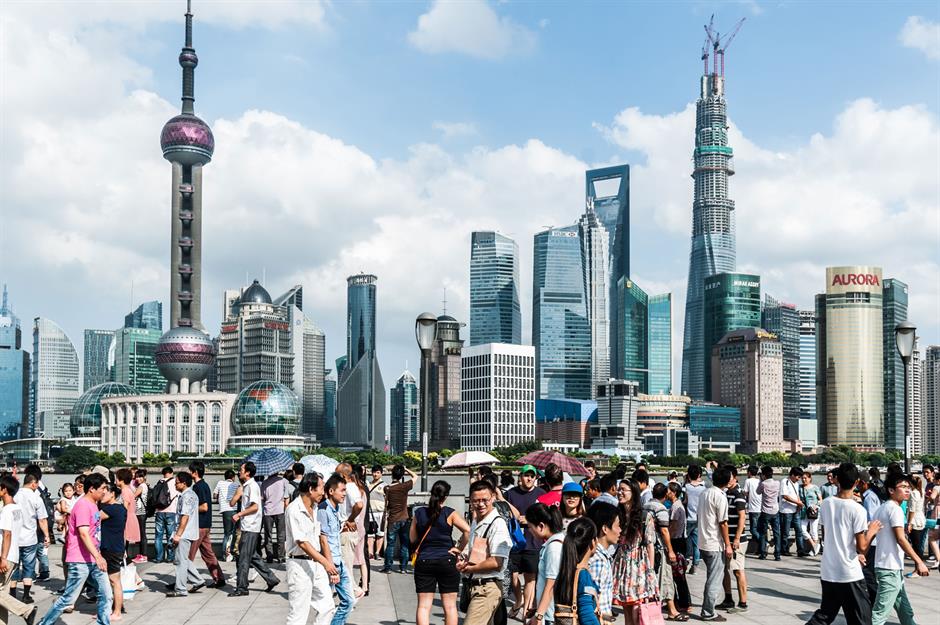
Since Deng Xiaoping's wide-ranging reforms in the late 1970s, China has transformed from an impoverished largely agricultural economy to a formidable industrial superpower, second only to the US. In that time, the Chinese economy has grown by a factor of 42, millions have been lifted out of poverty and the country has established itself as the world's premier exporter. How has China done it? We reveal the secrets behind China's remarkable success and the lessons the West could learn from its meteoric rise.
A strong set of values
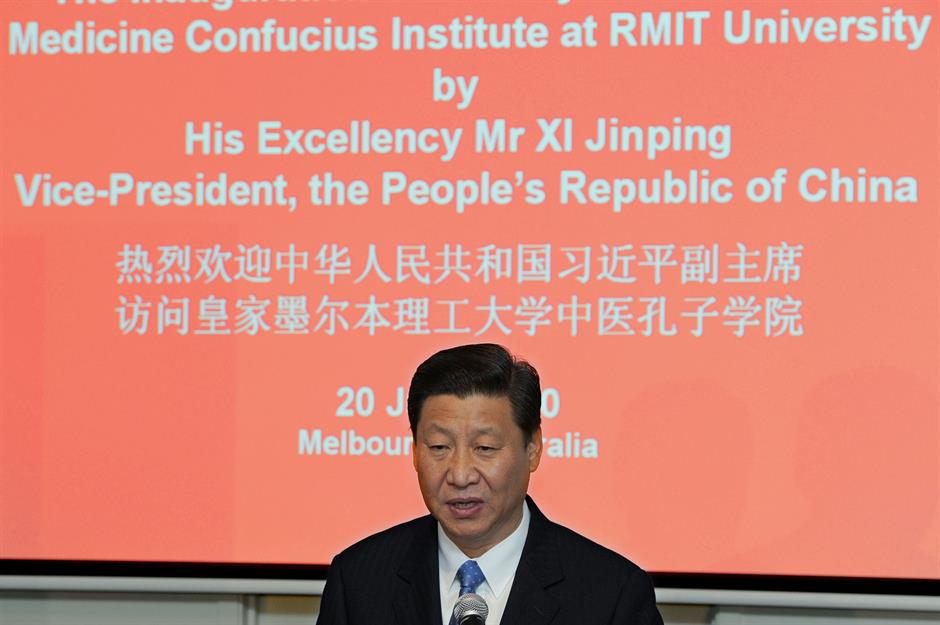
A strong set of values

Taoism, founded by philosopher Laozi in the 6th century BC, is another school of thought that pervades Chinese society and focuses on accepting and embracing change. In an economic and business context, going with the flow and adapting to changing conditions can make for dynamism and success. The Tao concept of yin and yang is particularly relevant to Chinese economic success, as it encapsulates the idea that two opposing ideas such as communism and capitalism or centralisation and decentralisation needn't be in conflict and can actually complement each other.
Sponsored Content
Playing the long game
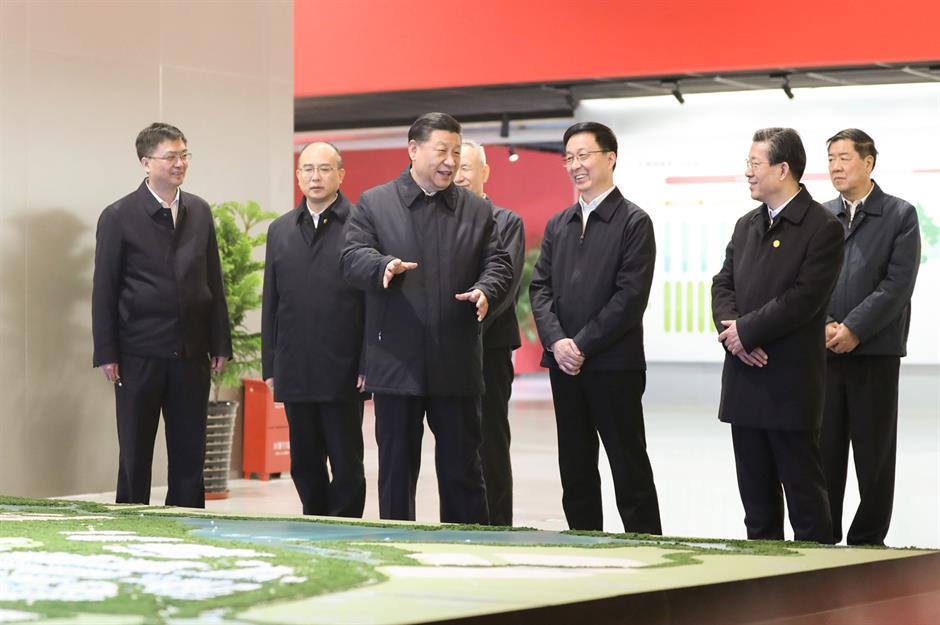
Playing the long game
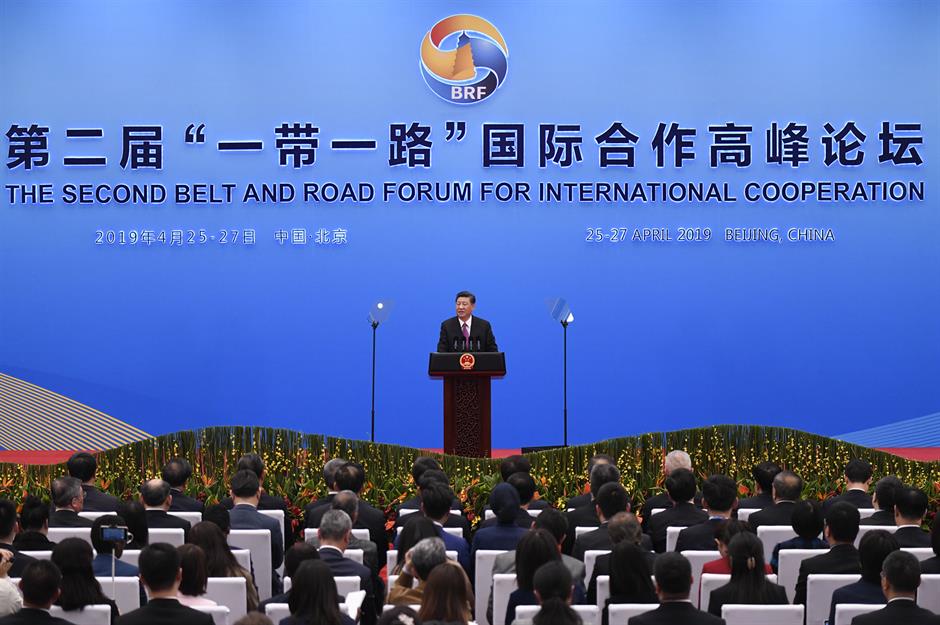
Increasing long-term cooperation

Sponsored Content
Encouraging political meritocracy over popularity
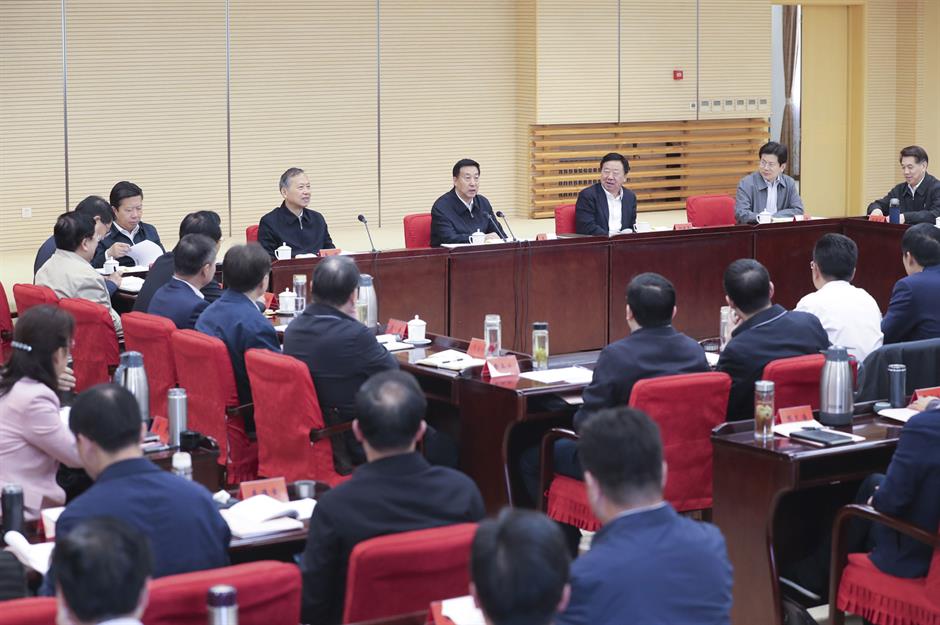
Encouraging political meritocracy over popularity
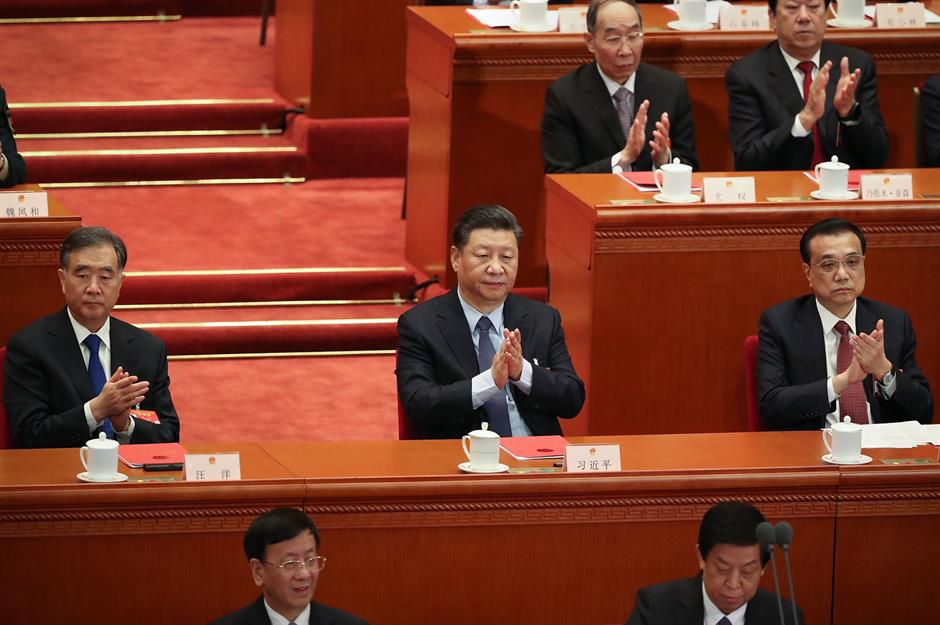
Pursuing a non-interventionist foreign policy
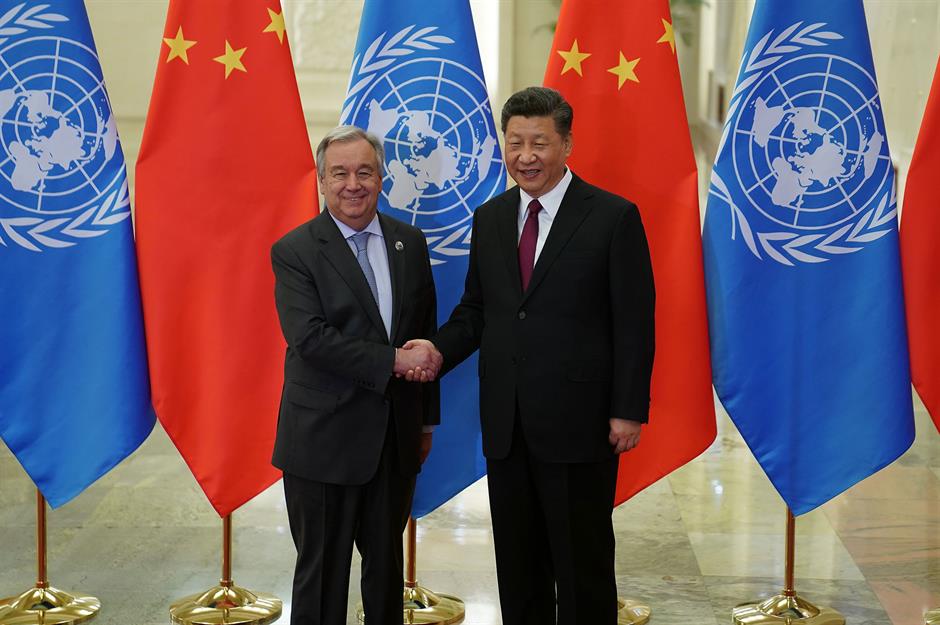
Sponsored Content
Pursuing a non-interventionist foreign policy

Ramping up government intervention in business
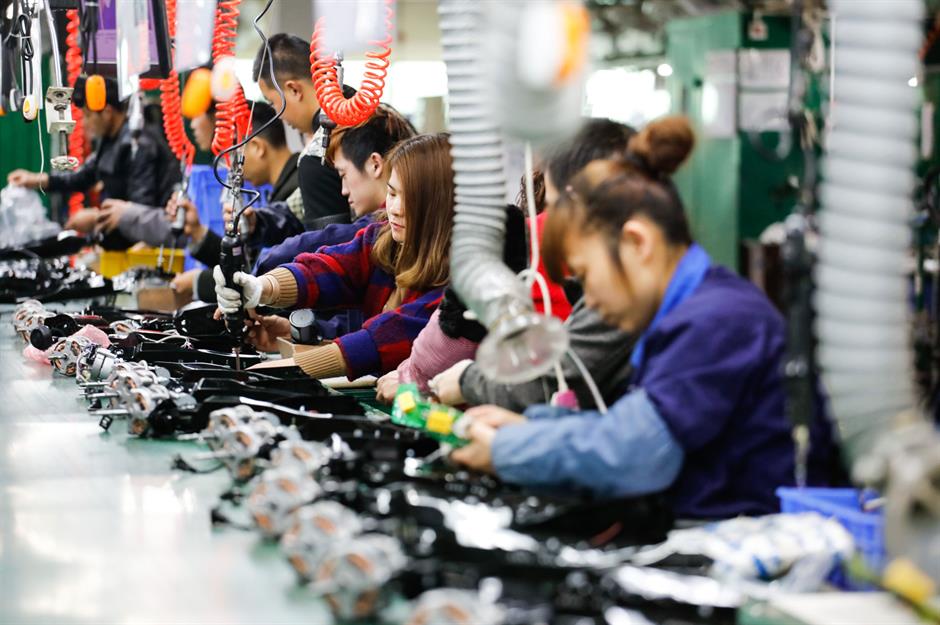
Ramping up government intervention in business
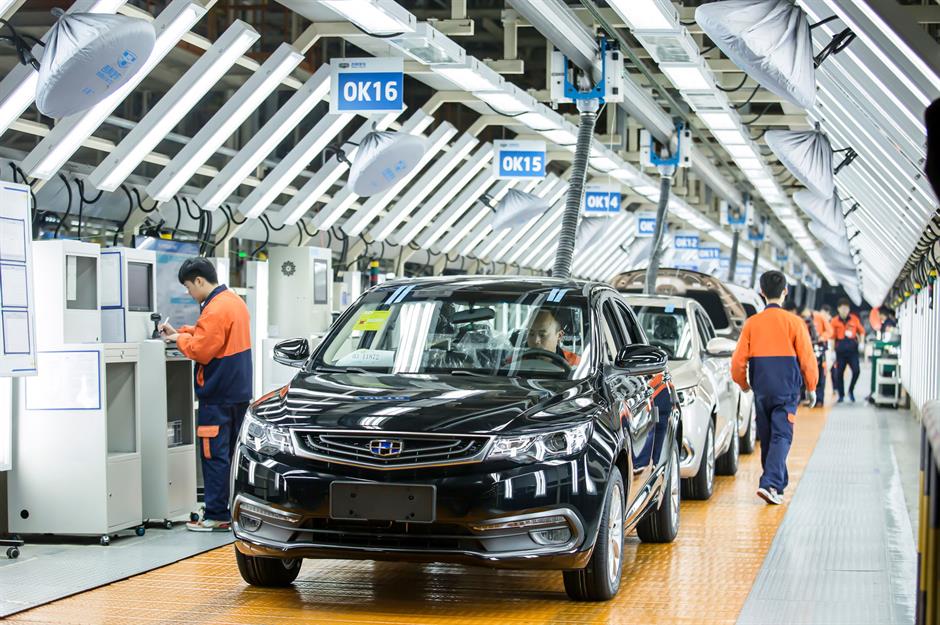
Sponsored Content
Upping infrastructure spending

Upping infrastructure spending
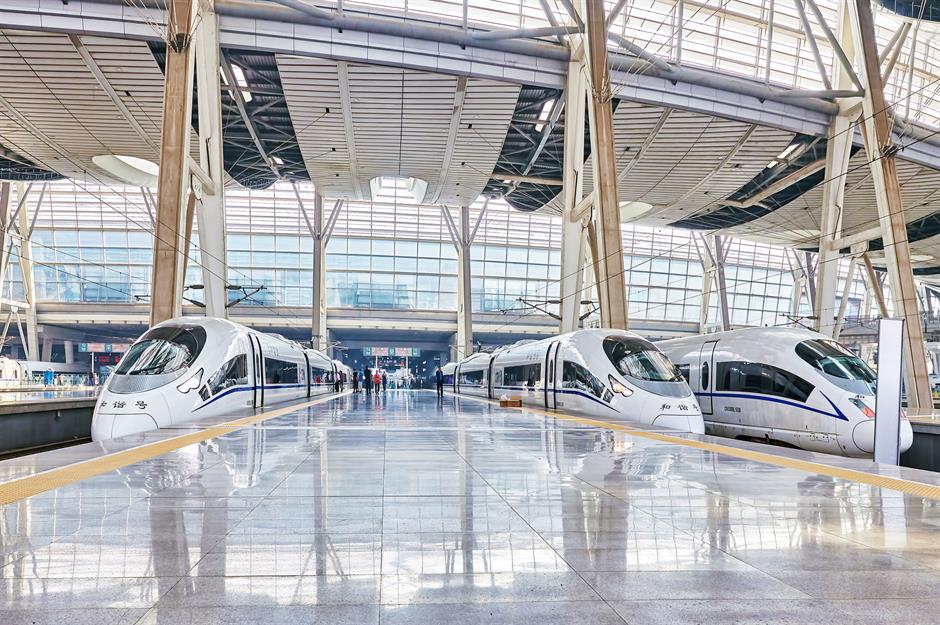
Upping infrastructure spending
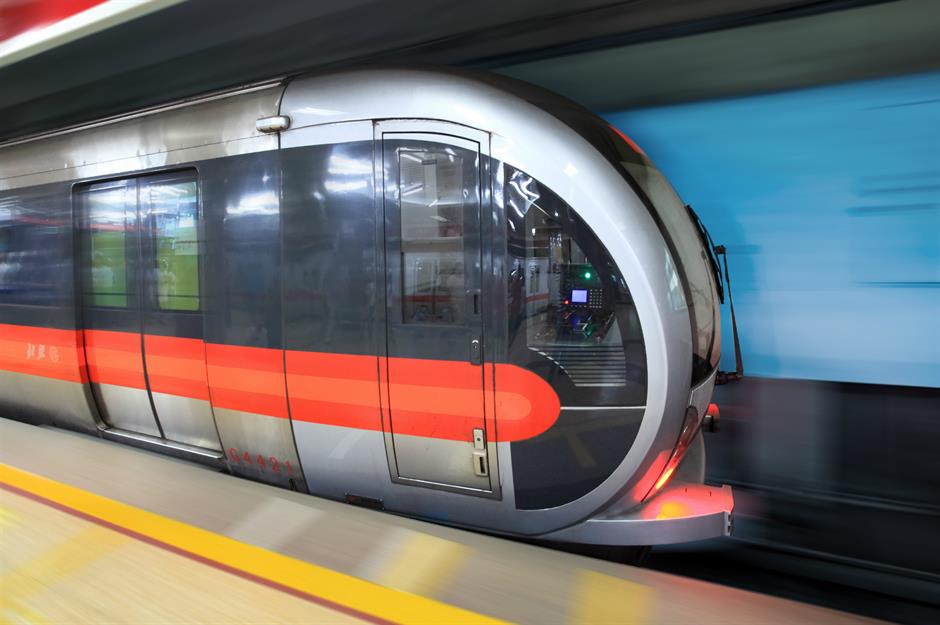
Sponsored Content
Upping infrastructure spending

Increasing government investment in R&D
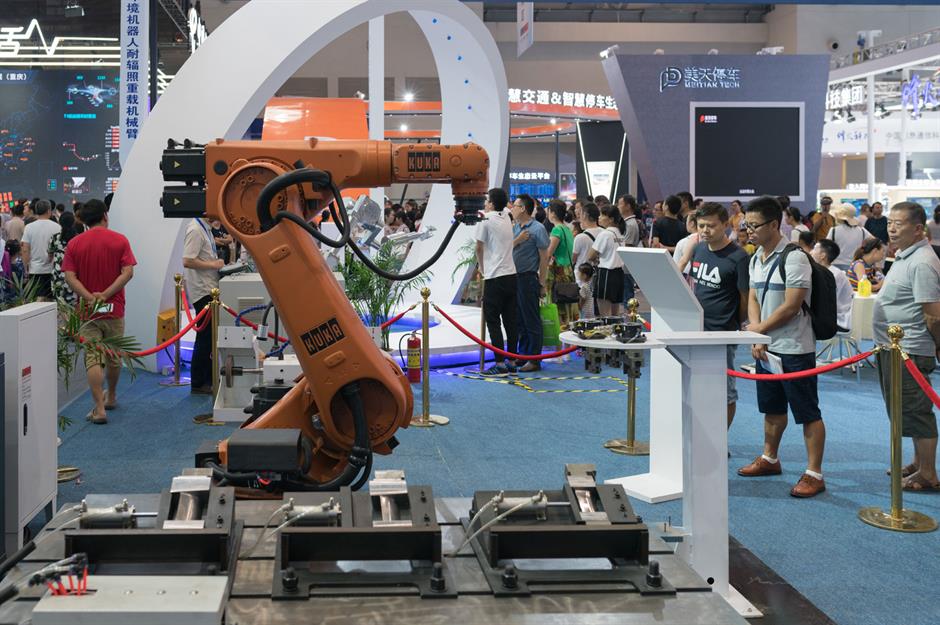
Increasing government investment in R&D
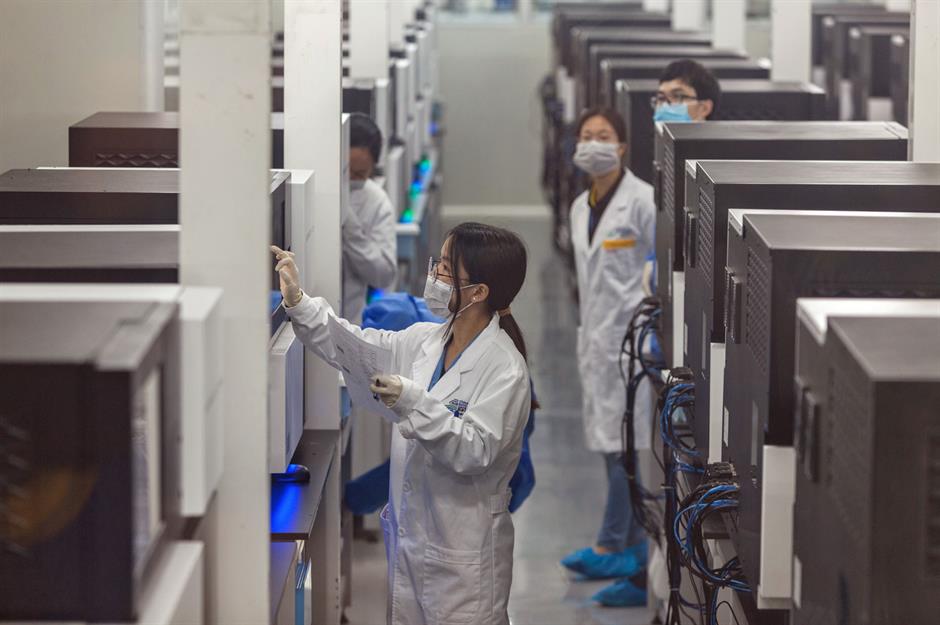
Sponsored Content
Increasing business investment in R&D
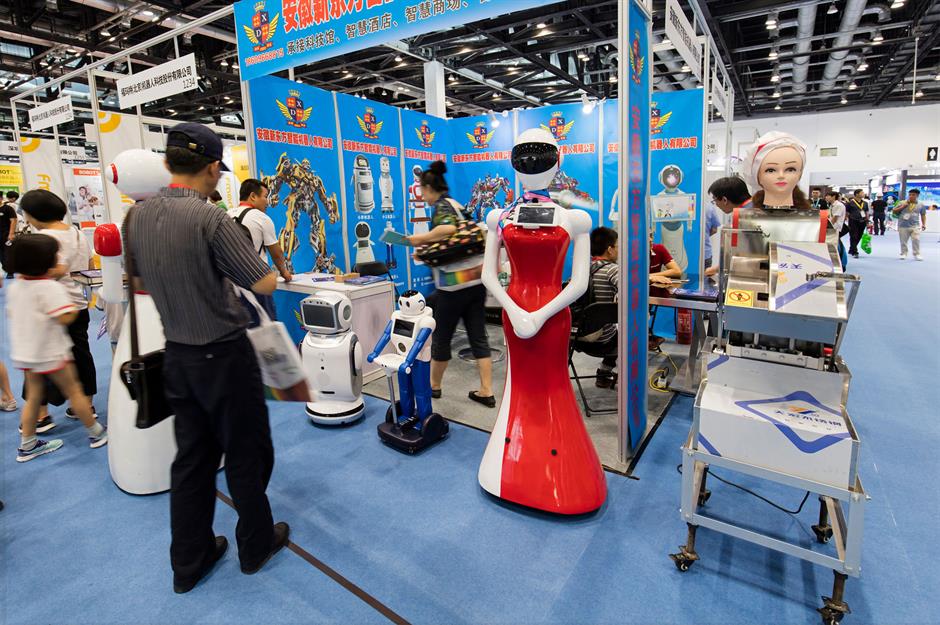
Increasing business investment in R&D
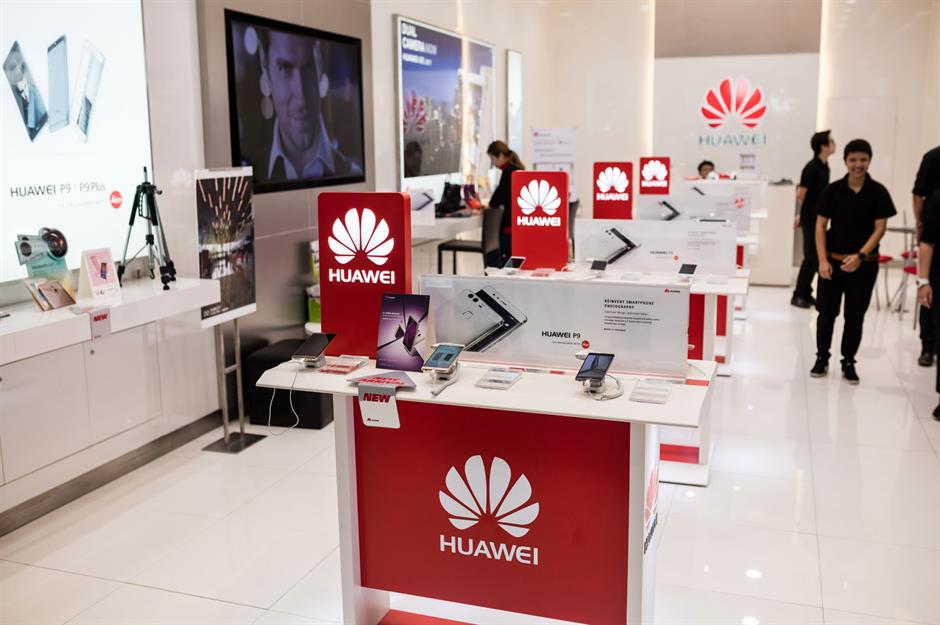
By way of example, Huawei, which is much-maligned by some in the West for its alleged links to the Chinese government, splashes $20 billion (£15.5bn) a year on R&D, double the expenditure of its two leading Western competitors, Ericsson and Nokia.
Increasing business investment in R&D
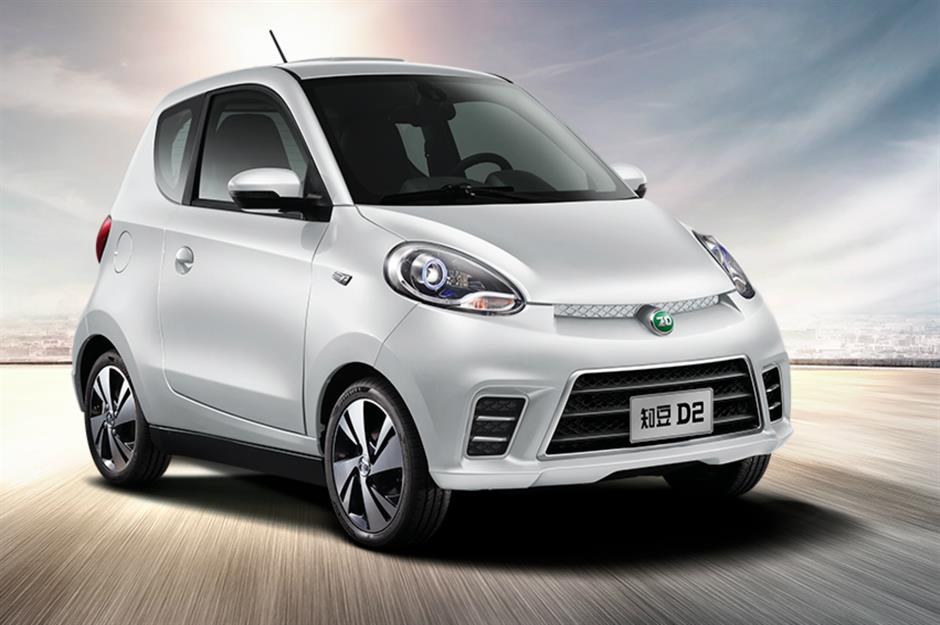
Not only that but China has started to overtake America in the electric cars race. In the US Tesla is the brand that most people associate with electric vehicles, but in China several companies are churning out the environmentally friendly transportation including Zhidou (pictured), Kandi and BYD. The latter is actually backed by American billionaire Warren Buffet, and is already outselling Tesla in terms of vehicle volume. How? In China many of these companies are state-backed or at least benefit from state support.
Sponsored Content
Creating special economic zones (SEZs)
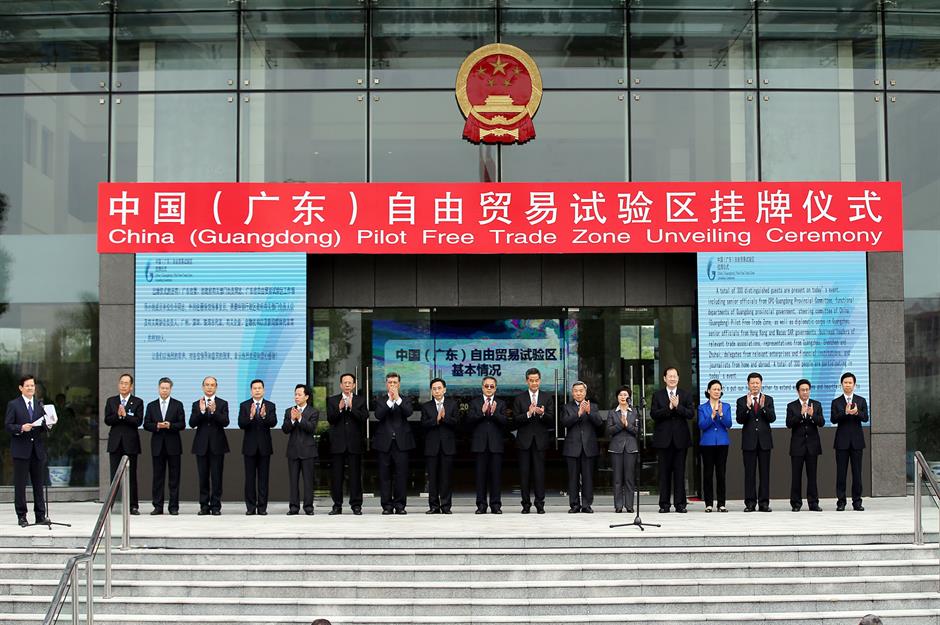
Creating special economic zones (SEZs)
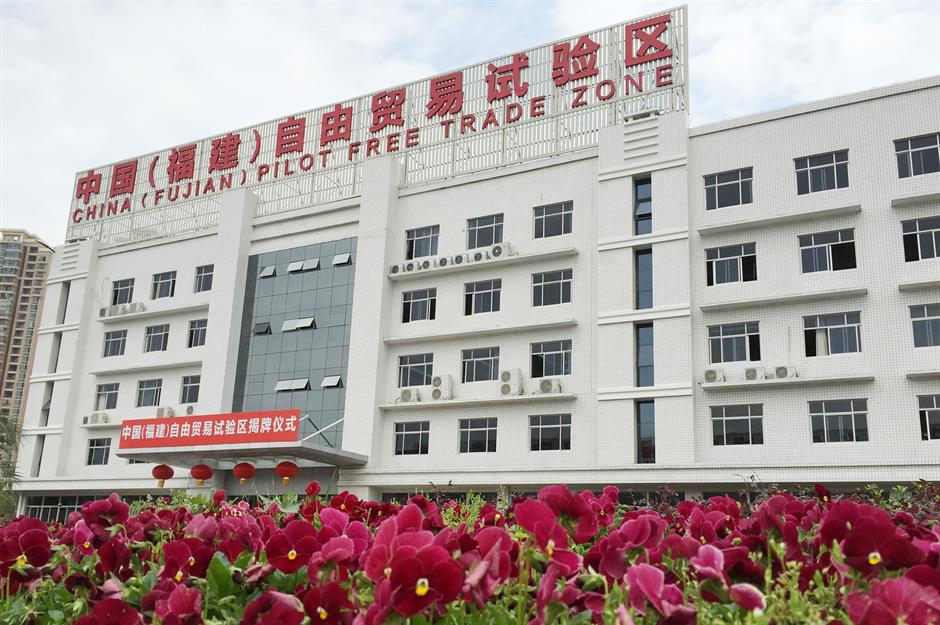
Making sound economic decisions based on controlled experiments
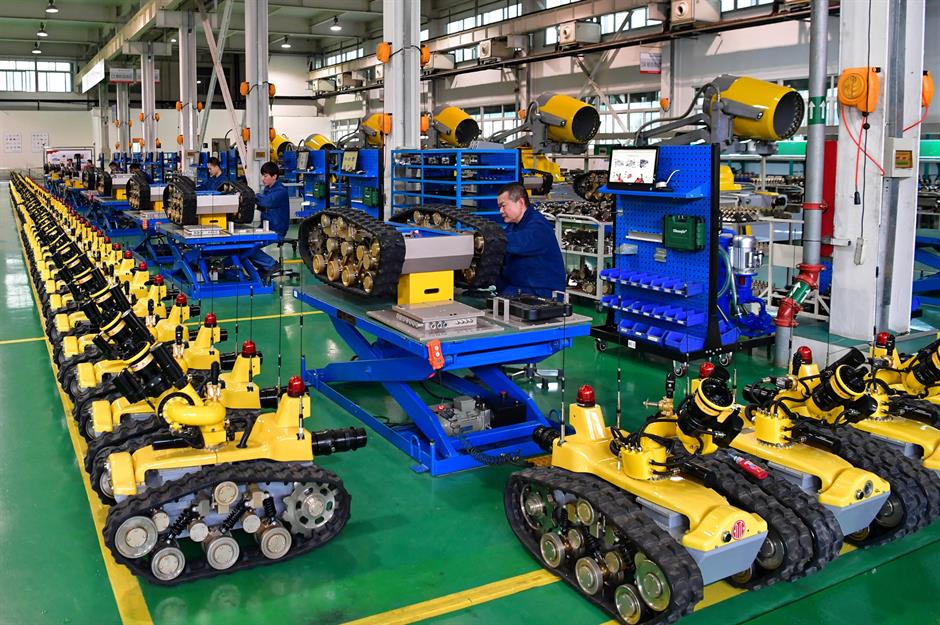
Sponsored Content
Making sound economic decisions based on controlled experiments
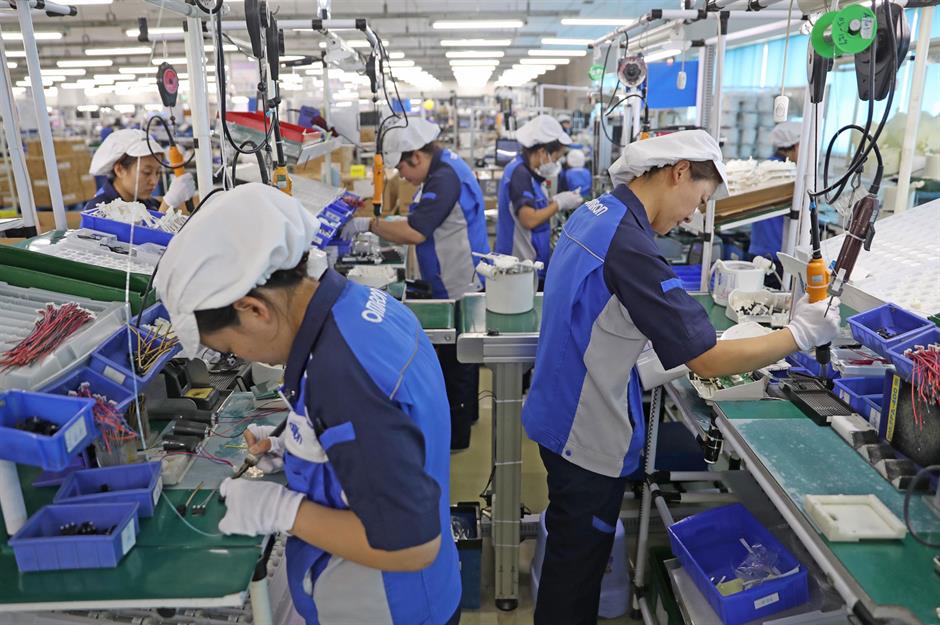
Cultivating copycat culture

Cultivating copycat culture
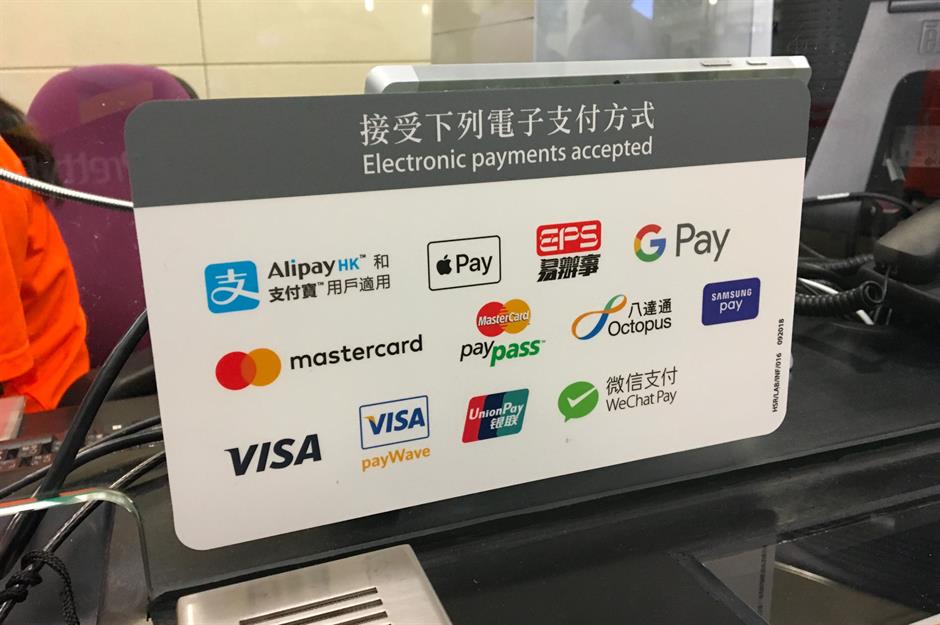
Sponsored Content
Focussing on STEM subjects in education
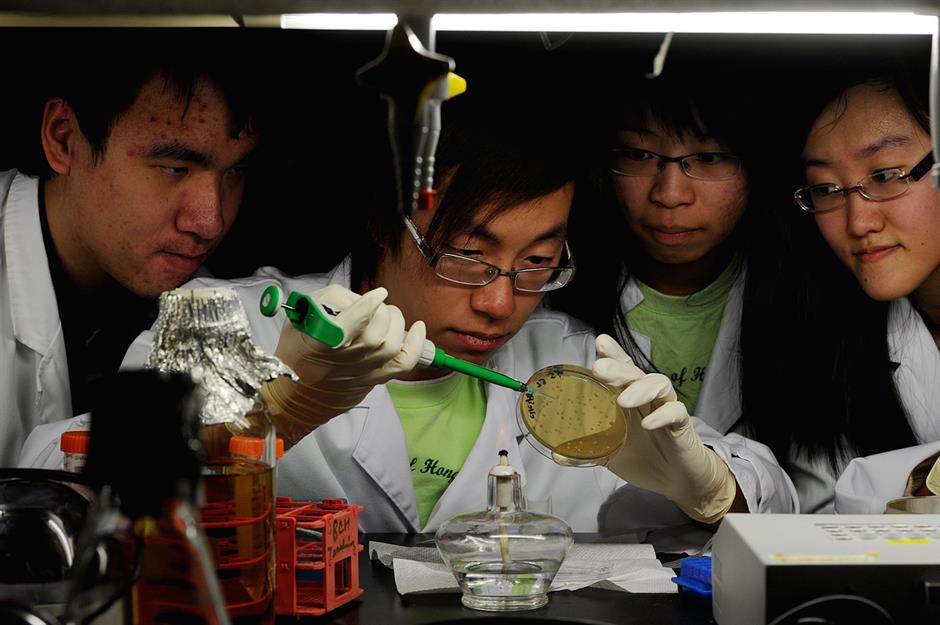
Working harder
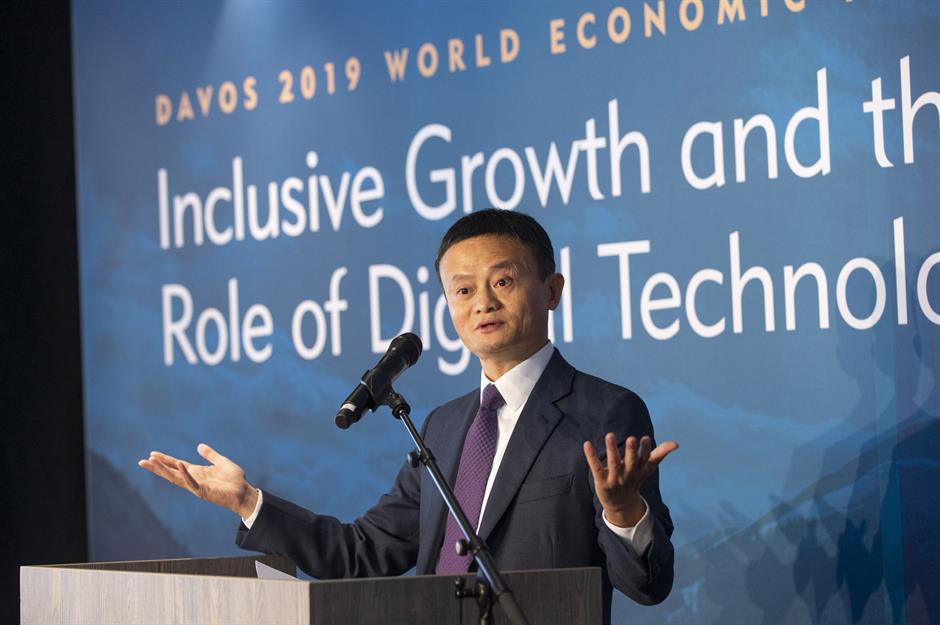
Working harder
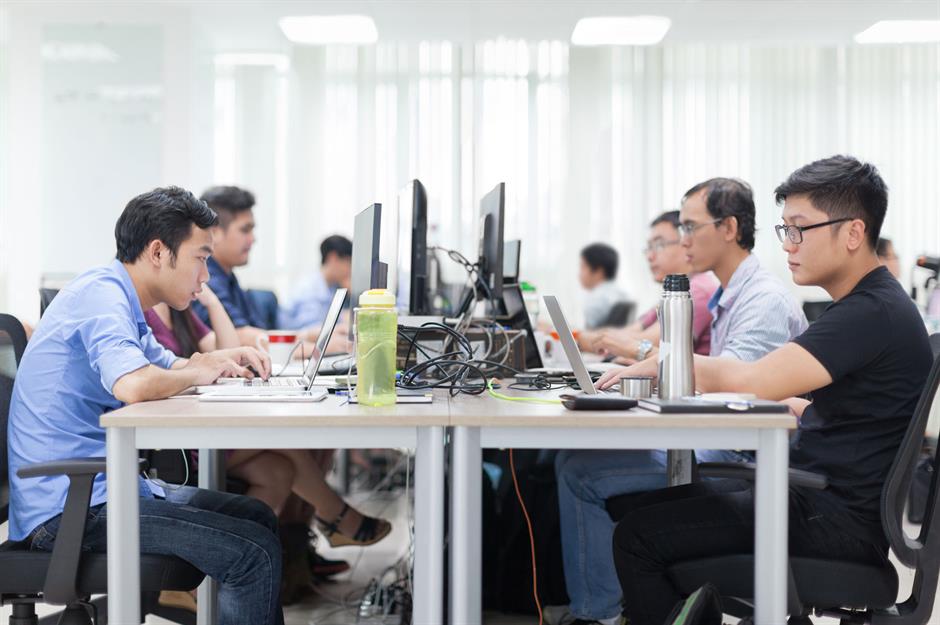
Sponsored Content
Saving more
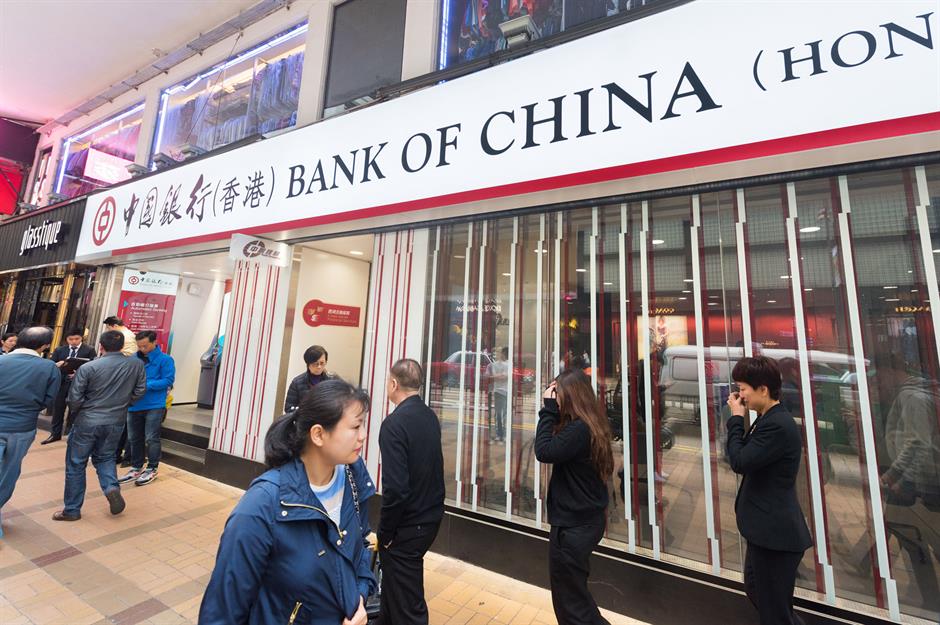
Saving more
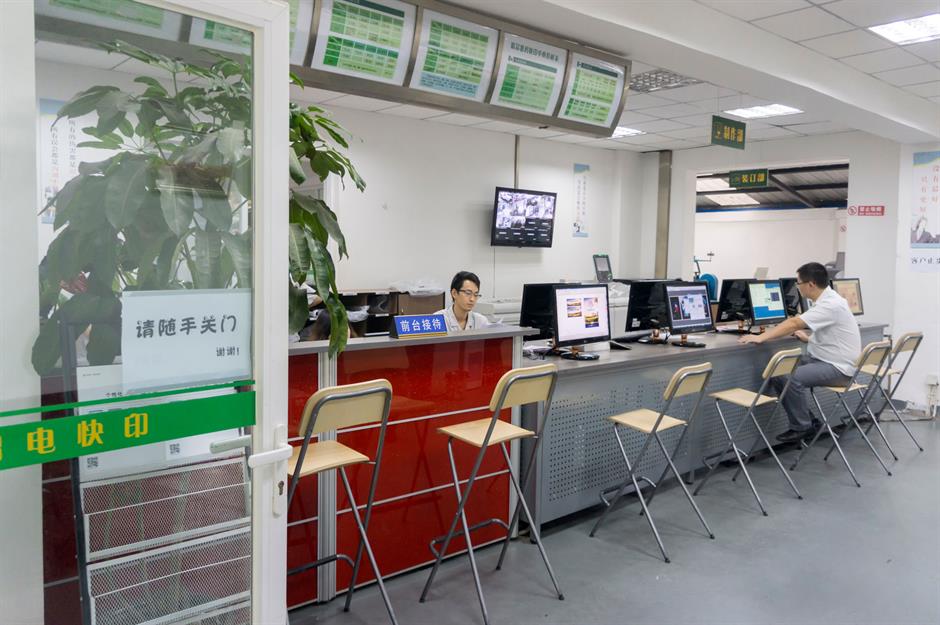
The lion's share of the money Chinese people save is deposited in the co-called Big Four state banks, and the profits the money produces are recycled into the country's many and extensive infrastructure projects. Almost 85% of these initiatives have been funded this way.
Now discover 28 'Made in China' initiatives that show why it's leading the world
Comments
Be the first to comment
Do you want to comment on this article? You need to be signed in for this feature